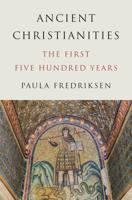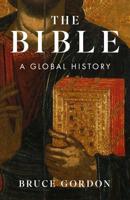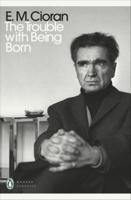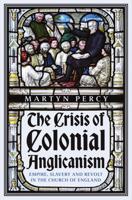Publisher's Synopsis
Exploring the emigration to colonial Pennsylvania of Welsh members of the Religious Society of Friends (Quakers), this book appraises their experiences during a period of unparalleled change. It begins by exploring why Welsh Quakers left their homes and families for an unknown future, thousands of miles away, in a new and largely unsettled colony. The persecution they endured under the Clarendon Code was clearly a 'push' factor, but it is argued that William Penn's project to establish a Quaker colony proved to be an overwhelmingly attractive proposition. While for some, Pennsylvania offered economic and social opportunities not available in Wales, the majority appear to have been driven by more idealistic goals, namely the belief that they could salvage what was left of their religious communities and provide a safe and ethical environment for their children. The book charts their patterns of settlement and considers the challenges they encountered as they adapted to the complexities of multi-ethnic Pennsylvanian life. It brings fresh insights into their religious ethos, the dynamics of Quaker family and community life: their business networks and philanthropic activities, their political and social influence, and the empowerment of women. Above all, it delivers a more textured and sophisticated understanding of the experiences of these emigrants and their relationship with the wider movement in Britain, and situates this in the broader context of early-modern emigration to the American colonies.











